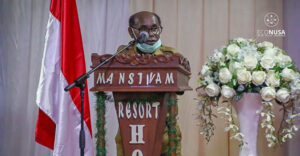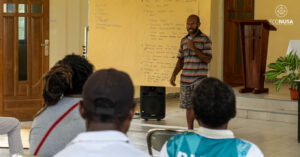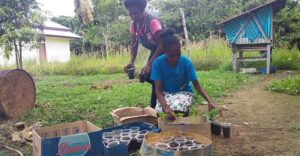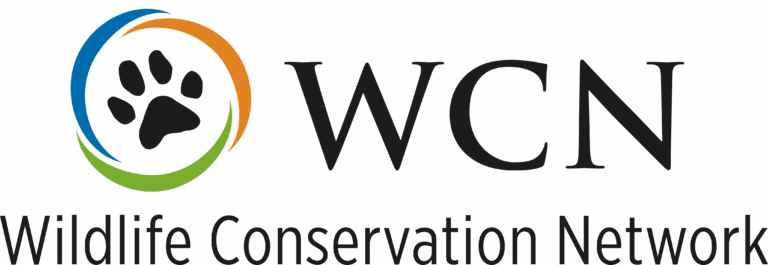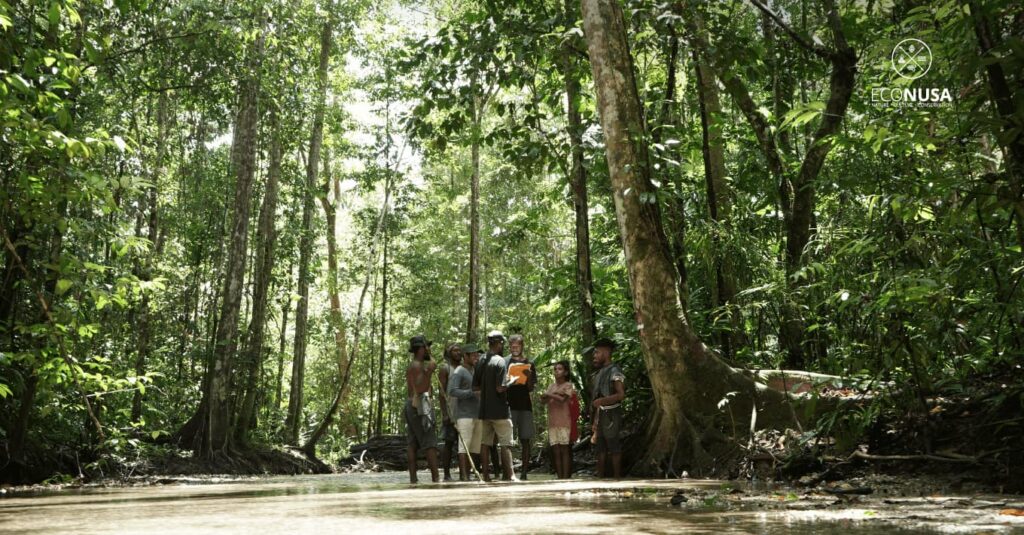
Moi Tribe as the native tribe in Sorong, West Papua, has traditional distinction of tradition and culture. Moi Tribe has their own culture, language, social organization, and traditional school system so-called Kambik. Kambik is deemed the precious treasure for local wisdom conservation.
Unfortunately, the noble local knowledge here has been fading away. Moreover, there were only few people today as the last generation who got Kambik traditional school across Sorong Regency, Sorong Mayoralty, Tambrauw Regency, and Raja Ampat.
As to Moi Tribe, Kambik education system here teaches various knowledge of life in unity with nature. Kambik was only specialized for boys on a separated hut away from the local dwellings.
“Kambik traditional school has long existed from ancestral time, and even far before the current education system today existed,” said Joshua Ulim, the Moi Tribe Council, as quoted as saying in kabarpapua.co.
According to Joshua, with the traditional school, Moi community lives in order, peacefully, safely without any crime. People comply with the regulation along with the tradition and culture.
The participants of traditional school will obtain academic degree as that of modern school. The lowest degree is called unsulu and the highest one is wariek or sukmin. The school year lasts for 18 months.
Kambik school provides lessons on medicine, agriculture, fisheries, custom regulation, human relation with nature, and even democracy. Moi Tribe teaches that everyone has equal rights to speak, convey ideas, and even lead the community. They also learn on how to respect and conserve the nature. The traditional knowledge has led Moi people to keep protecting forests from any outsider who wants to change forests into plantation.
Knowledge on traditional medicine
One of the knowledge obtained from Kambik traditional school concerns with medication. Moi Tribe has mastered medicine knowledge far before the emergence of modern medicine science. Moreover, the local wisdom here also know inpatient and outpatient medication systems as that of in the modern medicine science.
Moi’s knowledge on medication consists of two important parts. First is restoration which is done by a special doctor graduated from Kambik school. Second is the medication done by those who never go to any traditional school.
Medication knowledge is specifically addressed to man so that they have particular skill on various ailments. They also study on how to identify natural medicine from forests. There are even those having supernatural power in medication which is called nedala by Moi people. They are believed to have natural language to detect the source of ailments and have an ability to talk to the illness. They have qualification to perform medication among patients with extra cautiousness and safety.
In addition to the special medication school, the medicine science might be transferred to men who have never taken parts in the school, and even to women. This is in anticipation of a patient which requires aid in the absence of Kambik alumni.
The knowledge that could be passed on men other than the Kambik alumni and women here is locally called folos nelagi(folos=knowledge, nelagi= women). The medication here will provide women with ability to assist birth delivery. With the knowledge, women could identify medicines, traditional birth delivery, natural birth control.
Unfortunately, the modernity today has left out Kambik traditional education. Actually modern system of education and traditional one could along together. Formal education will help improve development in West Papua. Meanwhile, Kambik traditional education helps conserve their tradition, culture, and nature. According to Joshua, Kambik education system has ended in 1962. He expected the traditional education here could be revived so that young generation of Moi will consistently preserve their tradition and culture.


